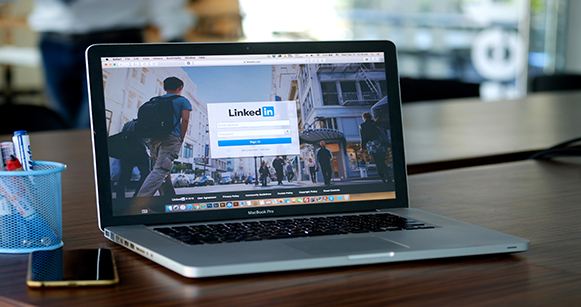How to keep a healthy work/life balance when working from home
- 29/08/2023
- Debbie Mendoza
- Career Advice
Maintaining a healthy work/life balance is one of the biggest concerns for people in the UK. Approximately one-third of Britons have concerns that working too hard is causing them to feel unhappy. This is a particularly worrying trend, as stress can be a huge barrier to productivity, leading to time off work and lost earnings.
For students and recent graduates, the idea of freelancing can be off-putting – as finding the space to get organised in a house-share isn’t always easy. Likewise, the pressures to pay back overdrafts and student loans can mean that going it alone – particularly in the early days where there’s no guarantee of a steady monthly salary – is a daunting prospect.
When the lines between the home and office are blurred – as they are for thousands of young UK freelancers – the boundaries between working life and off-duty downtime can become even more ambiguous. The advantages and disadvantages of contracting are all too often one and the same, especially when the flexibility of working from home turns into being on call 24/7 – which is why it is all too important to strike the perfect work/life balance.
With this in mind, we’ve prepared seven tips to help bring some equilibrium back to the home office:
1. Get dressed
It might seem facetious, but dressing in work-appropriate attire will help you to differentiate between office time and leisure time. If you’re spending all day in pyjamas or a comfy tracksuit, it’s hard to tell when work life ends and relaxation time begins. What you wear affects the way you feel, and dressing appropriately will help you to get into the working mindset.
2. Create a designated workspace
If you’ve got the space for a dedicated office, such as a spare bedroom, make use of it. The beauty of having your own separate office space is that you can lock it and walk away at the end of a long working day – even if you’re only going as far as the sofa. If you don’t have the space (if you’re renting a studio flat or house-sharing, for example) consider purchasing a room divider or setting up a desk in the corner of your bedroom. Confining your work to a designated area will help to boost productivity, as it minimises any propensity to become distracted (by the television or housemates, for example).
3. Get into a routine
Most students and graduates will be used to arriving at lectures and tutorials at a defined time (barring the occasional unexpected lie-in). When you’re working in a corporate office, punctuality is equally important: you’re expected to arrive, do your job and leave at a set time. At home, you don’t have the same cues that it’s time to wind down (such as colleagues exclaiming that it’s nearly five o’clock), and this means that it’s much easier to lose track of time. Set alarms – not just for the beginning of the day, but for the end of it too.
4. Avoid domestic distractions
Working from home can present plenty of opportunities for procrastination – particularly if your current project is stressful or not particularly enjoyable. It’s all too easy to find yourself emptying the washing machine, cleaning dishes or walking the dog when you should be working. These chores are all important, but try to at least save tackling them until the end of the working day. Walking the dog doesn’t pay your bills (unless, of course, you are a professional dog walker).
5. Go off-grid in the evening
Switch off the smartphone and put the laptop away – think of evening time as “me time”. When you’re online, it’s all too tempting to start replying to work-related emails, and this makes it impossible to switch off. Try to relax – reading a book, watching a movie, cooking a nutritious meal from scratch or simply enjoying some peace and quiet are all great ways to unwind at the end of a long day.
6. Get out of the house
Staying indoors for days at a time can be isolating. It’s often a contributor to poor mental health, which is why getting out of the house – even for an hour at a time – is so important. Getting some exercise is highly recommended, particularly if you’re living a sedentary lifestyle at your desk. Even a brief, leisurely stroll can work wonders and put you in a better headspace. Better still, why not regularly catch up with friends over a coffee or a meal?
7. Take regular breaks
When working for someone else, you’re required by law to take designated breaks – so don’t deny yourself the necessity to take some time away from your screen just because you’re at home. Consider leaving the house to grab a coffee or a bite to eat for an hour at dinner time, and try to take at least fifteen minutes to relax elsewhere throughout the day.
Working from home can be incredibly rewarding, but only if you’re willing to differentiate between your job and your own time. The added pressure of accounting, organisation and self-motivation that freelancing brings can be stressful enough without feeling like you’re never away from the office. By taking these tips into account, you should hopefully be able to strike the perfect work/life balance and embark on a post-education career as a successful freelancer. Good luck!






